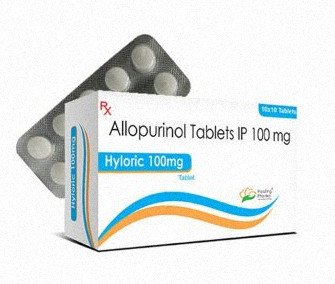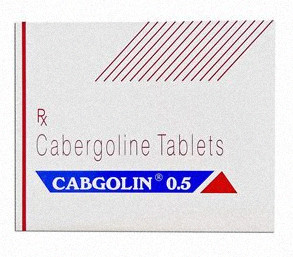Allopurinol is used to reduce urate formation in conditions where urate deposition has already occurred or is predictable. The specific diseases and conditions where it is used include gouty arthritis, skin tophi, kidney stones, idiopathic gout; uric acid lithiasis; acute uric acid nephropathy; neoplastic disease and myeloproliferative disease with high cell turnover rates, in which high urate levels occur either spontaneously, or after cytotoxic therapy; certain enzyme disorders which lead to overproduction of urate.
It is also used to treat kidney stones caused by deficient activity of adenine phosphoribosyltransferase.
Allopurinol was also commonly used to treat tumor lysis syndrome in chemotherapeutic treatments, as these regimens can rapidly produce severe acute hyperuricemia.
Allopurinol cotherapy is used to improve outcomes for people with inflammatory bowel disease and Crohns disease who do not respond to thiopurine monotherapy.
It has been tested as an augmentation strategy for the treatment of mania in bipolar disorder. Meta-analytic evidence showed that adjunctive allopurinol was superior to placebo for acute mania (both with and without mixed features).
Its efficacy was not influenced by dosage, follow-up duration, or concurrent standard treatment.










